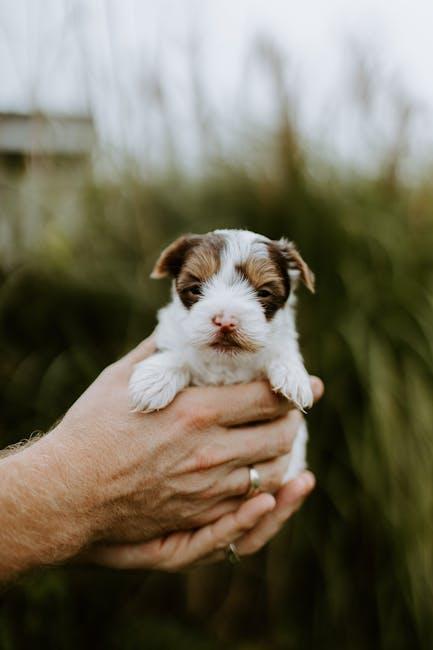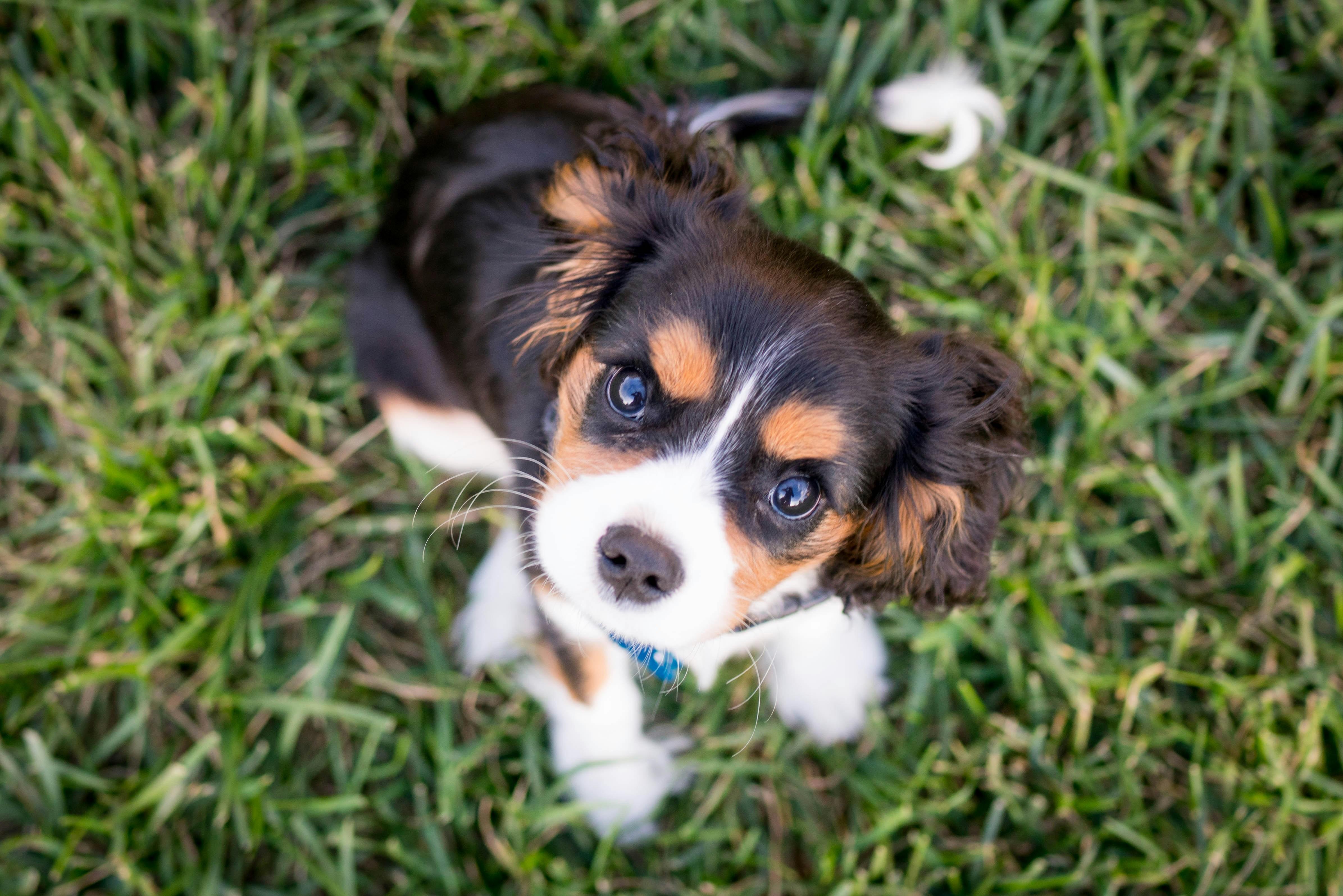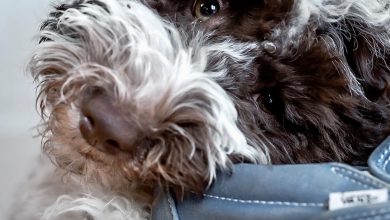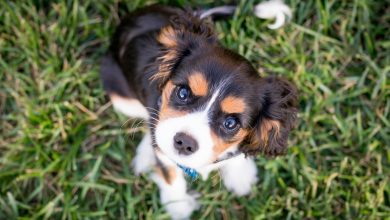Potty training tips for difficult puppies

Potty training a puppy can feel like a daunting task, especially when your furry friend seems a bit more challenging than most. Whether you’re dealing with a stubborn breed, a rescue pup with a difficult past, or simply a spirited little one with a mind of their own, fear not! With the right approach, patience, and a dash of persistence, you can transform this tricky phase into a rewarding journey for both you and your puppy. In this article, we’ll explore effective potty training tips tailored for those more difficult puppies, offering practical advice and encouragement to help you and your pet succeed. So, roll up your sleeves and prepare to embark on a path to a cleaner home and a happier puppy!
Understanding Your Puppys Behavior and Needs
Grasping the nuances of your puppy’s behavior can be both a delightful and challenging journey. Puppies, much like humans, are unique in their temperament and learning style. Recognizing these individual traits can significantly aid in addressing their potty training needs. Here are some insights to help you understand your furry friend better:
- Consistency is Key: Establishing a routine is crucial. Puppies thrive on predictability, so feeding, walking, and potty breaks should happen at the same times each day.
- Positive Reinforcement: Use treats and affection to reward your puppy for doing their business in the right spot. This encourages them to repeat the behavior.
- Observe and Adapt: Pay attention to your puppy’s signals, such as sniffing or circling, which often precede a bathroom break. Tailor your approach based on these cues.
- Be Patient and Persistent: Every puppy learns at their own pace. Stay patient and persistent, and remember that setbacks are part of the process.
- Safe Space: Create a designated potty area that feels secure for your puppy, reducing anxiety and encouraging regular use.

Creating a Consistent Routine for Success
Establishing a steady routine is crucial when it comes to potty training your furry friend, especially if they are proving to be a bit challenging. Puppies thrive on consistency, so it’s essential to create a schedule that they can easily follow. Start by feeding your puppy at the same times every day; this helps regulate their digestive system, making it easier to predict when they need to go. Immediately after meals, take your puppy to the designated potty area. Consistency is key, so ensure you do this every time without fail.
- Set specific times for potty breaks: Aim for first thing in the morning, after meals, after playtime, and before bedtime.
- Use a cue word or phrase: Pick a word like “potty time” and say it consistently during each trip to the potty area to build association.
- Stay outside with them: Supervise them until they do their business, and reward them immediately afterward with a treat or praise.
Remember, patience and persistence are your best allies. Puppies are learning, and setbacks are a natural part of the process. By sticking to a regular routine, you’re not only teaching them where to go but also instilling a sense of security and trust. Celebrate small victories, and soon enough, your puppy will get the hang of it!

Effective Techniques for Positive Reinforcement
Training your puppy can be a rewarding journey, especially when you employ techniques that encourage positive behavior. Here are some strategies to ensure your puppy learns with enthusiasm and love:
- Immediate Praise: Puppies have short attention spans, so it’s crucial to offer praise or treats the moment they exhibit the desired behavior. This helps them associate the action with positive outcomes.
- Use High-Value Rewards: Find out what your puppy loves most—whether it’s a specific treat, a toy, or even some extra cuddle time—and use it as a reward for successful potty trips.
- Consistent Commands: Use the same word or phrase every time you take your puppy out to potty. Consistency in language helps your puppy understand what’s expected of them.
- Celebratory Atmosphere: Create a mini celebration when your puppy potties outside. A cheerful tone and a happy demeanor can make a big difference.
Remember, patience and persistence are key. Every puppy is unique, so it may take time to find the perfect mix of reinforcement techniques that work for your furry friend.

Troubleshooting Common Potty Training Challenges
Even the most patient pet parents can find themselves facing a few hurdles when it comes to potty training their furry friends. Here are some common challenges and how to overcome them:
- Inconsistent Training: Puppies thrive on routine. If your puppy is having accidents, try sticking to a strict schedule. Take them out at the same times every day, such as after meals and naps, and use consistent commands and cues.
- Fear or Anxiety: Some puppies might be scared of going outside or using a potty pad. Use positive reinforcement and rewards to encourage them. Patience and gradual exposure to their potty area can help reduce fear.
- Regression: It’s not uncommon for puppies to regress in their training. If this happens, revisit the basics and increase supervision. Be sure to praise them when they get it right to reinforce good behavior.
Remember, every puppy is unique, and what works for one might not work for another. Stay calm, consistent, and always keep a stash of treats handy for those successful potty moments!



